In the vibrant tapestry of contemporary fashion, every thread tells a story. From the bold patterns of African textiles to the intricate techniques of Japanese craftsmanship, cultural narratives play a pivotal role in shaping the styles we see on runways and streets alike. Fashion is no longer just about aesthetics; it’s a dynamic expression of identity, heritage, and social commentary. As designers draw inspiration from a myriad of backgrounds, they weave in cultural narratives that reflect our global society’s complexities and diversities.
In this article,we will explore how these stories influence trends,foster inclusivity,and promote a deeper understanding of the world around us. join us as we delve into the rich interplay between culture and fashion, revealing how these narratives not only inspire creativity but also challenge perceptions and celebrate the beauty of difference.
Exploring the Influence of Heritage on Modern Fashion Choices
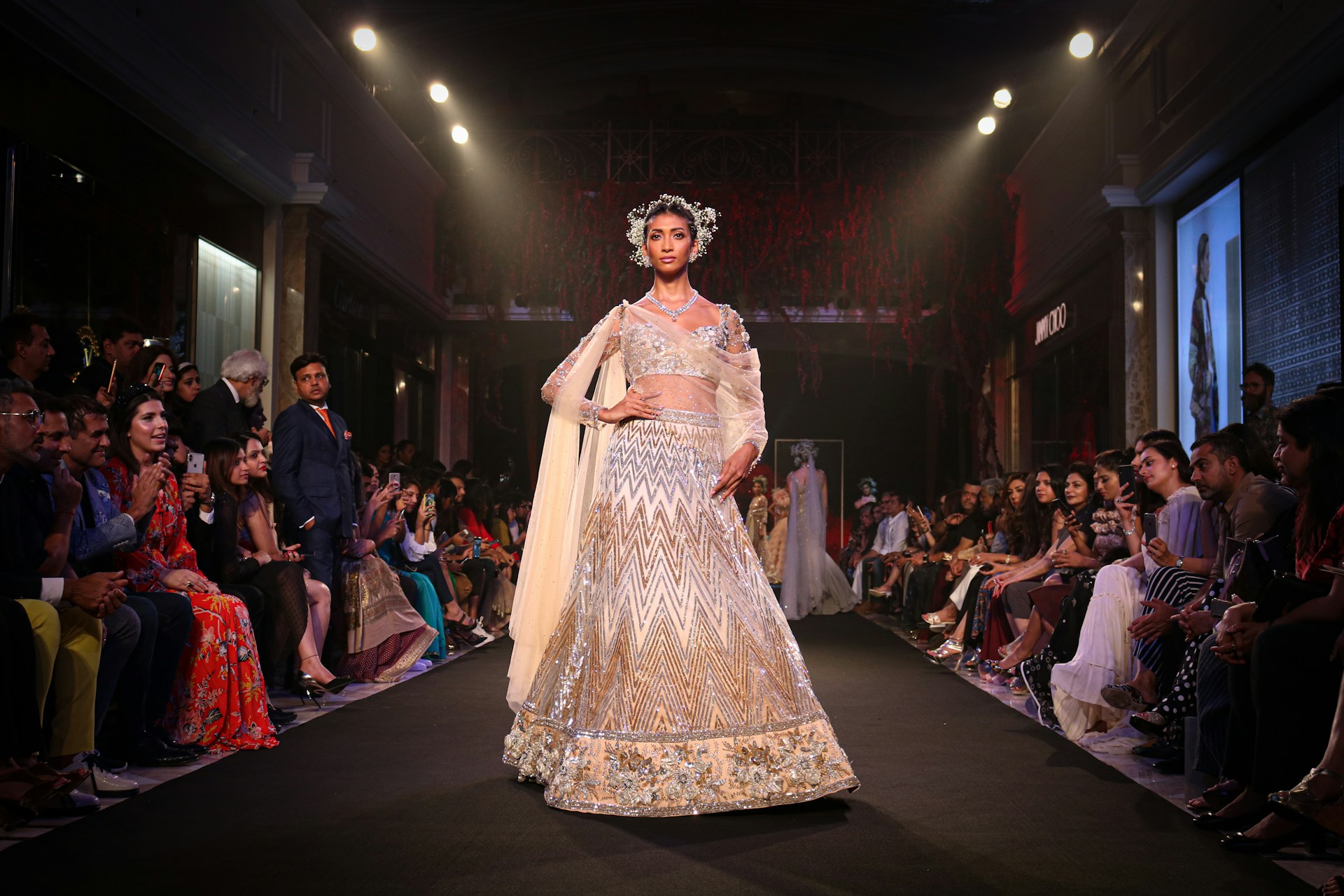
the interplay between cultural heritage and modern fashion choices reveals how traditions can inform contemporary styles. Designers are increasingly looking to the past, drawing from a rich tapestry of cultural narratives to inspire their collections. This revival of heritage not only pays homage to age-old techniques and patterns but also serves to foster a sense of identity and belonging among consumers. Key elements influencing today’s fashion include:
- Conventional Fabrics: Use of materials like ikat, batik, and tartan that carry historical importance.
- Symbols and Motifs: Incorporation of emblematic designs that tell stories of cultural origins.
- Tailoring Techniques: Reviving ancestral craftsmanship that adds authenticity and uniqueness to garments.
Moreover, the embrace of multiculturalism in fashion has resulted in a vibrant exchange of ideas that transcend geographic boundaries. Today’s designers are not only interpreting their own heritage but are also collaborating with artisans from different backgrounds to create eclectic styles that resonate with a global audience. An insightful look into this phenomenon can be captured in the following table:
| Cultural Influence | modern Interpretation |
|---|---|
| African Prints | Luminous, bold patterns in streetwear and high fashion. |
| Japanese Kimono | Incorporation into casual wear and avant-garde outfits. |
| Indian Embroidery | Detailed embellishments in luxury collections. |
Navigating Sustainability Through Cultural storytelling
The intersection of culture and sustainability in fashion is where stories transform into actionable change. Cultural narratives have a powerful role in shaping consumer perceptions, driving home the importance of enduring practices. By drawing on rich traditions and folklore, designers can create garments that resonate with values such as communion with nature, respect for craftsmanship, and the celebration of community. This approach helps to foster a deeper connection between consumers and the products they choose, promoting a sense of duty towards the environment and heritage. As a notable example, the return to indigenous textiles not only revitalizes ancient art forms but also educates wearers about the sustainable practices rooted in those cultures.
Moreover, storytelling serves as a bridge to unite diverse communities under a shared vision of sustainability. Efforts to blend traditional techniques with modern aesthetics can highlight the beauty of slow fashion while minimizing the carbon footprint. By implementing practices like upcycling, local sourcing, and ethical labor, brands can effectively narrate their journey towards sustainability. Here’s a rapid look at some narrative themes being adopted in contemporary fashion:
| Theme | Description |
|---|---|
| Heritage Revival | Utilizing traditional crafts and techniques to promote sustainability. |
| Nature connection | Storytelling that emphasizes the bond between fashion and the environment. |
| Community Empowerment | Highlighting local artisans and their contributions to sustainable practices. |
Empowering Diversity: How Cultural Narratives Shape Inclusive Fashion
In the world of fashion, cultural narratives hold transformative power.They serve as a bridge connecting diverse backgrounds, promoting an understanding of identities through the medium of style. Designers today are weaving together threads of tradition and contemporary aesthetics, allowing for an inclusive dialog that celebrates differences rather than shying away from them. By embracing stories from various cultures, fashion can not only innovate but also honor the history that shapes individual and community identities. Some key aspects include:
- Heritage textiles: Utilizing traditional fabrics that tell a story
- Diverse Models: Showcasing a range of body types and ethnic backgrounds
- Collaborative Collections: Partnering with artisans from different cultures
- Sustainable Practices: Supporting local craftsmanship and eco-friendly methods
Cultural narratives also encourage consumers to think critically about their fashion choices. As awareness grows around depiction,brands are increasingly held accountable for the stories they choose to tell. This shift not only influences purchasing behaviors but also inspires a new generation of designers who prioritize authenticity and inclusivity. A recent study highlights this trend:
| Fashion Brand | Cultural Collaboration | Consumer Impact |
|---|---|---|
| Brand A | Indigenous Textile Artisans | Increased sales by 35% |
| Brand B | Local African Designers | Enhanced brand loyalty |
| Brand C | Asian Craft Techniques | Broader audience reach |
Creating Authentic Connections: The Role of Community in Fashion Narratives
In the ever-evolving landscape of contemporary fashion, the importance of community has taken on a new significance. fashion narratives are no longer crafted in isolation; they thrive on the collective experiences and stories of individuals within a community. Authenticity emerges when designers and brands engage with diverse groups, allowing their unique cultural backgrounds and histories to shape the garments they produce. This collaboration fosters a rich dialogue between creators and consumers, where fashion becomes a medium to express shared narratives, traditions, and values.
The fusion of community-driven narratives into fashion design can manifest through various means, including:
- Collaborative Collections: Partnering with local artisans to create pieces that highlight regional craftsmanship.
- Inclusive Campaigns: Featuring models from different backgrounds to tell stories that resonate with a wider audience.
- Pop-Up events: Creating spaces for discussions centered on culture, identity, and the role of fashion in these narratives.
This approach not only democratizes fashion but also paves the way for a deeper understanding of how cultural identity shapes personal style. By prioritizing community input, designers can create garments that not only appeal aesthetically but also carry the weight of meaningful stories, turning each piece into a representation of shared heritage.
In Summary
the interplay between cultural narratives and contemporary fashion is a dynamic and ever-evolving relationship that reflects and shapes our society. As we have explored, fashion is not merely about clothing; it is indeed a canvas for storytelling, a means of expressing identity, and a reflection of the times we live in. By understanding the cultural narratives that influence trends, designers, and consumers alike, we can appreciate fashion as a powerful medium that transcends mere aesthetics.
As we continue to navigate the vibrant landscape of contemporary fashion,let us remain mindful of the stories woven into every thread and pattern. These narratives not only enrich our understanding of style but also encourage us to embrace diversity and foster inclusivity within the industry. By appreciating the cultural contexts that shape our garments, we can contribute to a fashion world that celebrates rather than appropriates, one that honors heritage while innovating for the future.
thank you for joining us on this journey through the intricate relationship between culture and fashion. We hope you feel inspired to look a little deeper into the stories behind the clothes you wear and the brands you support. Until next time, keep exploring, and let your wardrobe tell your unique story!

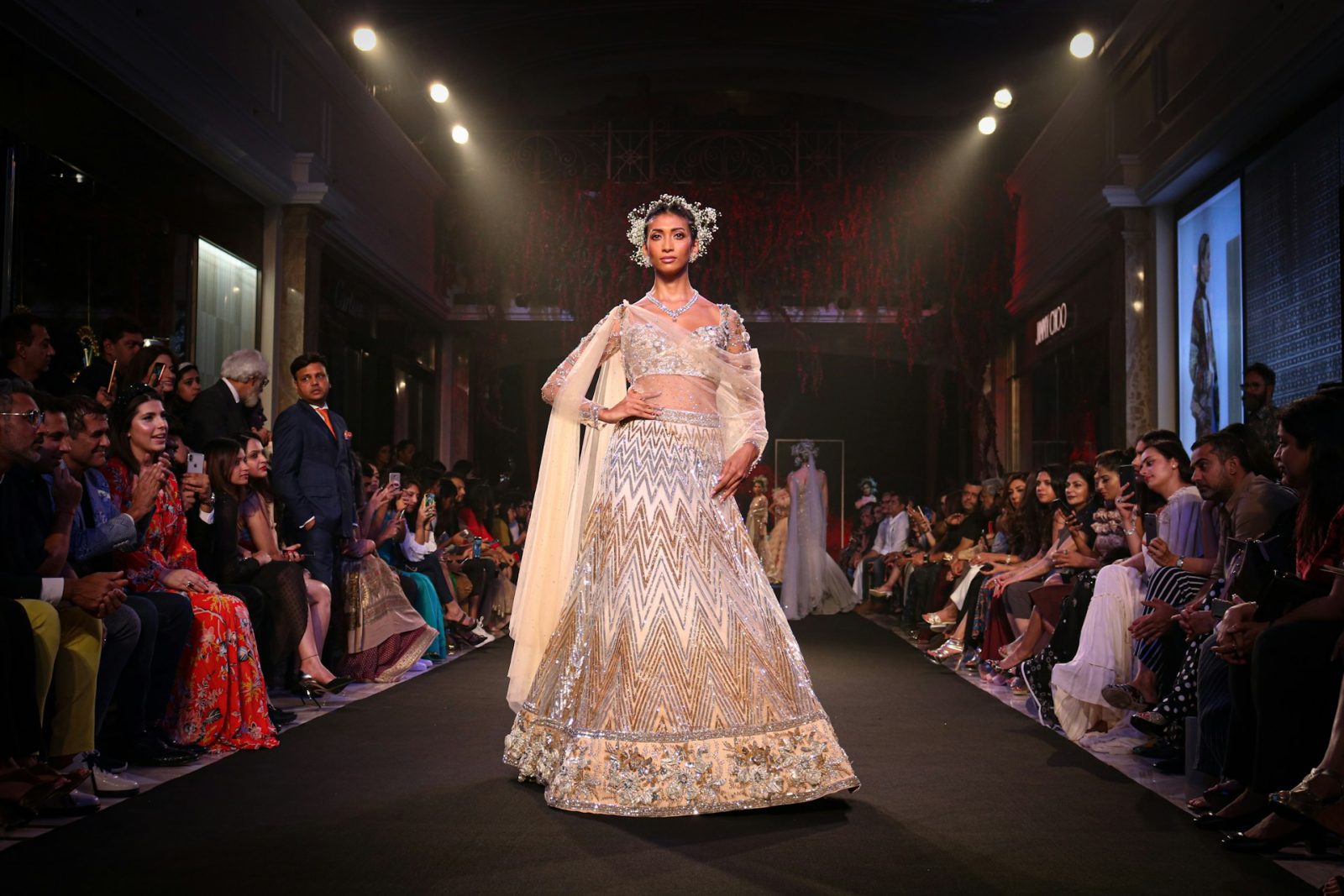
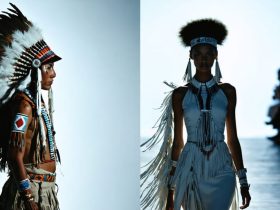
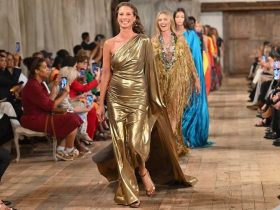

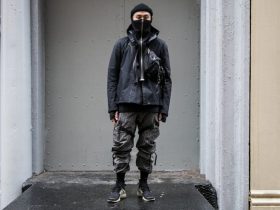
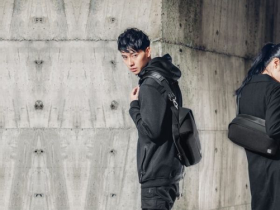




Leave a Reply